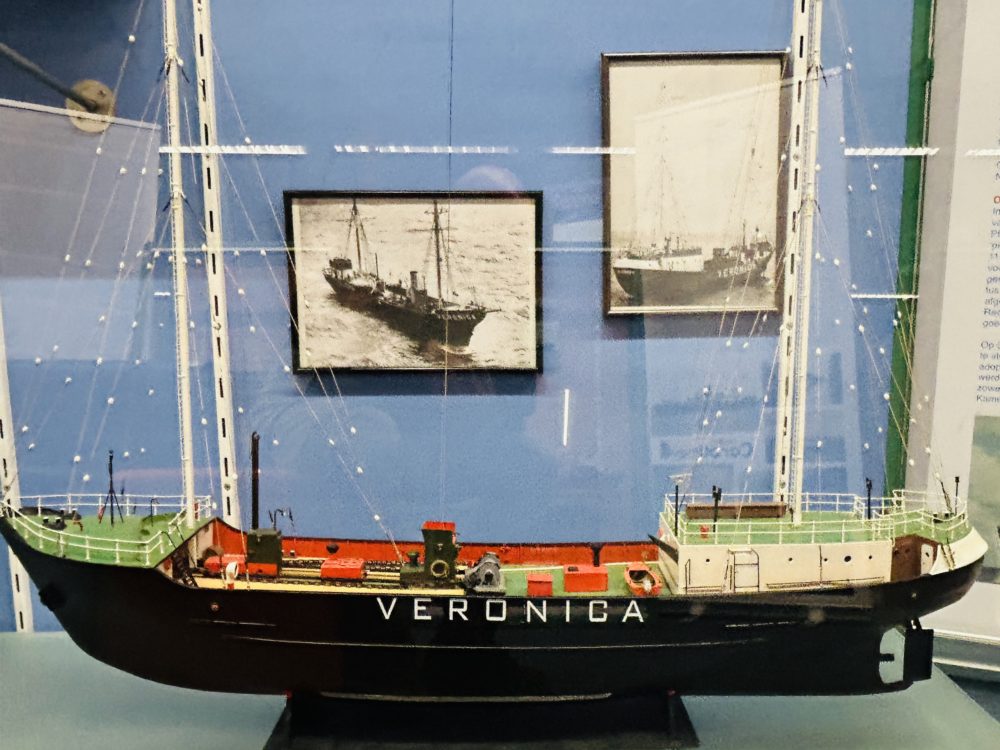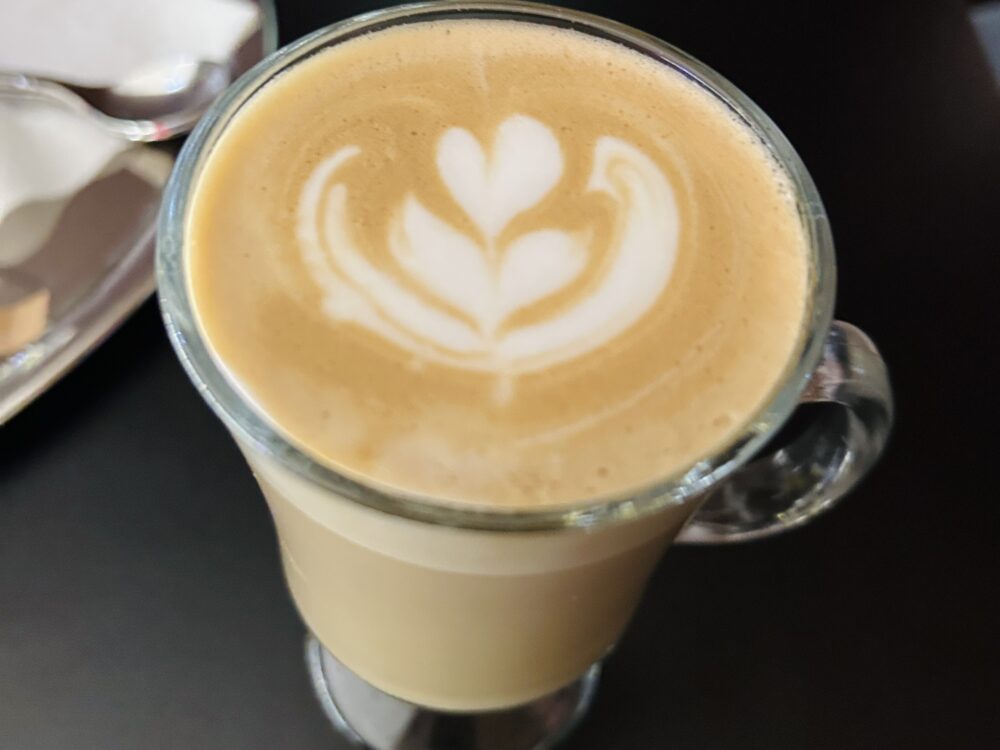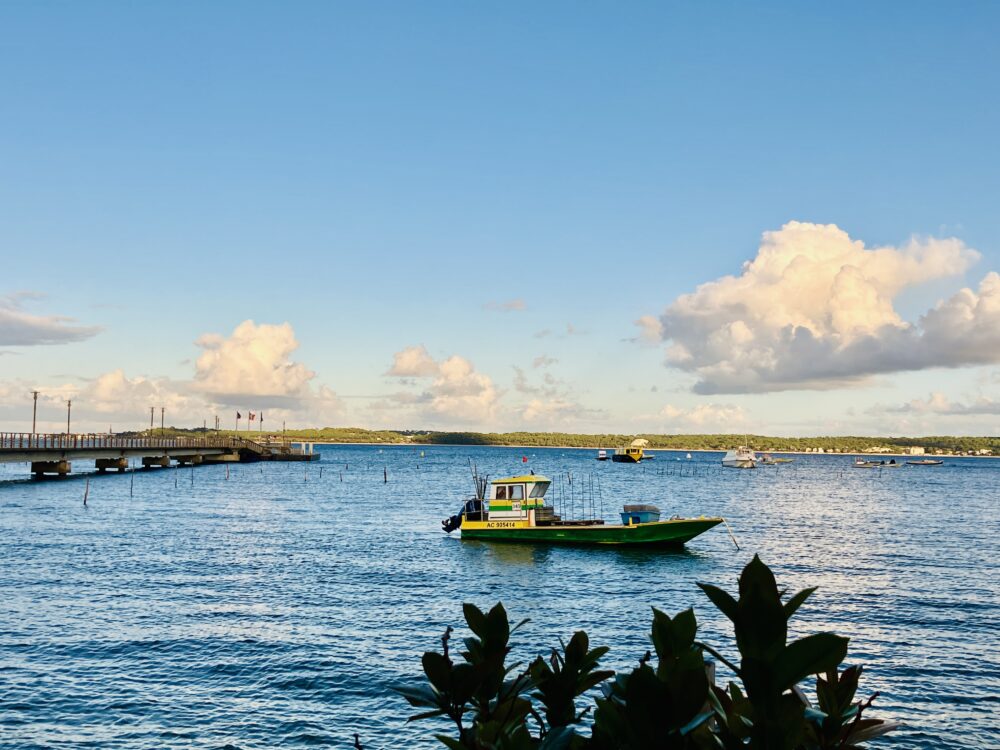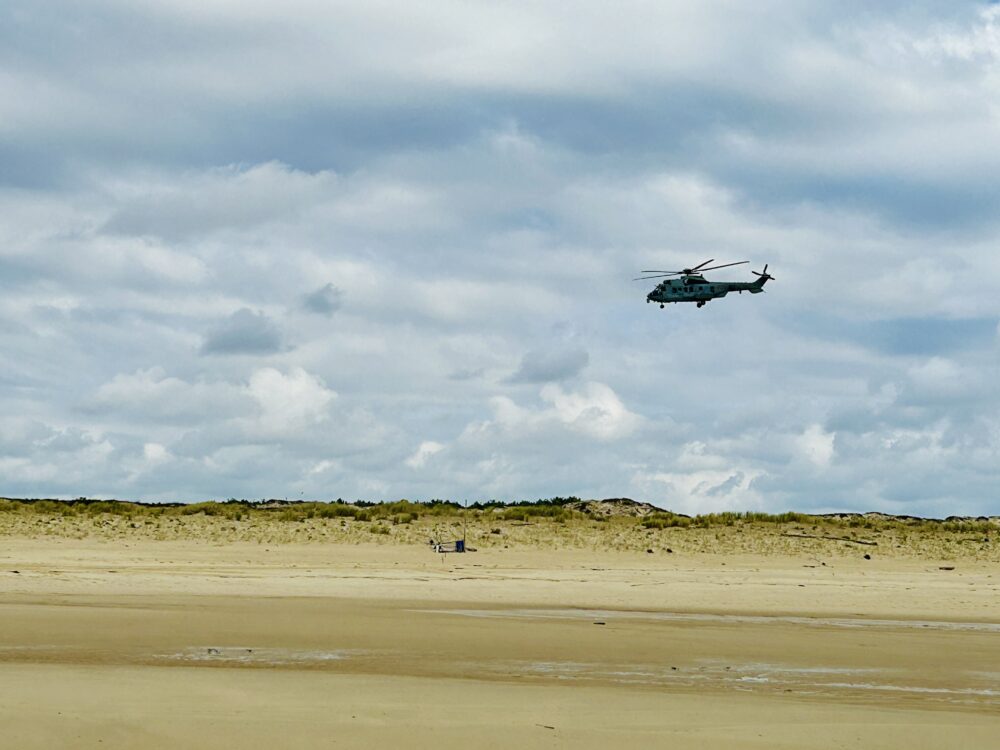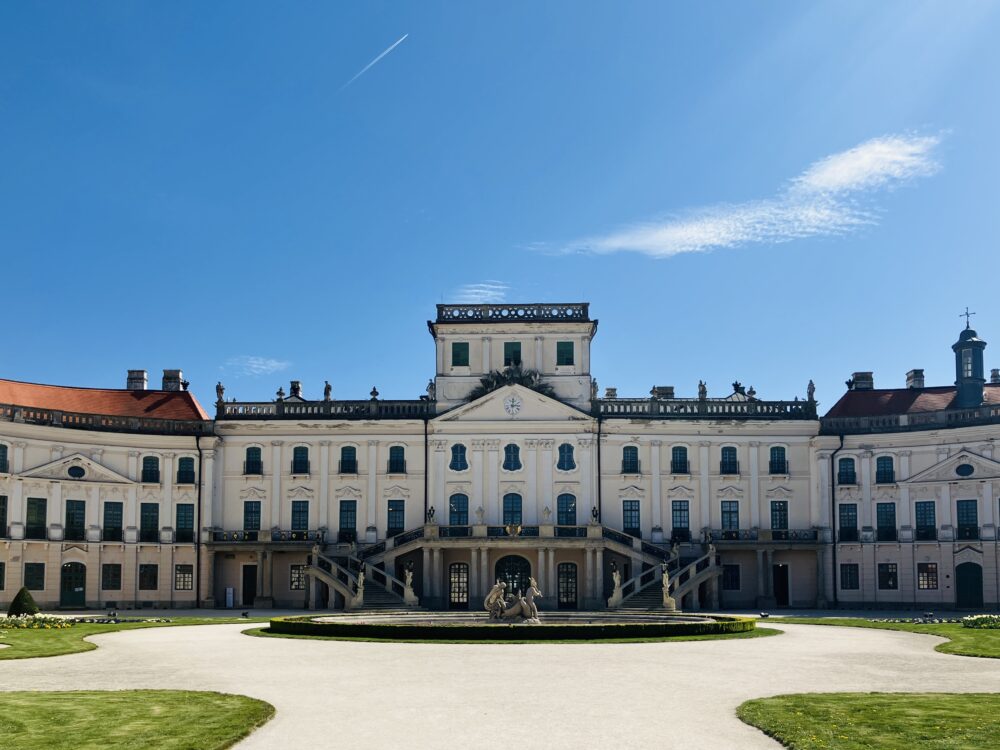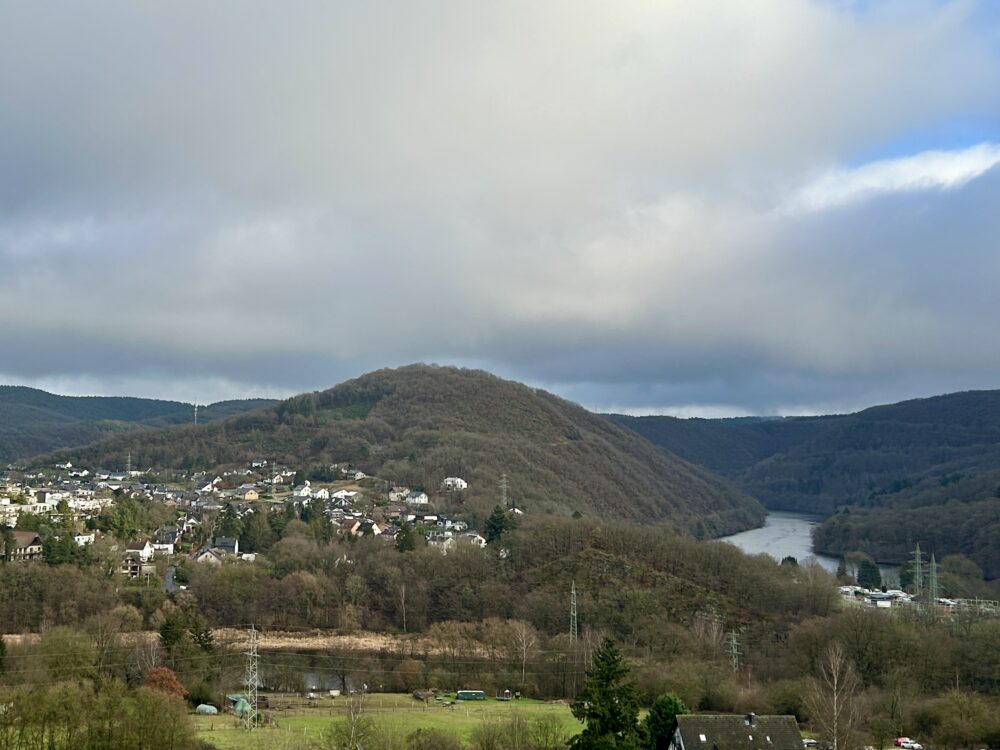On 31st August 1974, Radio Veronica broadcasted its final program, marking the end of an era for the beloved Dutch offshore radio station. Established on April 18, 1960, Radio Veronica was a pioneer in providing an alternative to the monopolistic Dutch radio landscape, bringing popular music and youth culture to the airwaves from its ship, the Borkum Riff.
Radio Veronica’s journey began with a mission to break free from the constraints of the Dutch broadcasting system, which was tightly controlled and resistant to commercial influences. The station’s founders, inspired by Denmark’s Radio Mercur, decided to launch their broadcasts from international waters, ensuring they could operate without interference. The name “Veronica” was chosen, inspired by a poem by Annie M.G. Schmidt, symbolising the station’s rebellious spirit.
Throughout its 14-year run, Radio Veronica faced numerous challenges, including government attempts to shut it down. Despite these obstacles, the station thrived, becoming a cultural icon and a platform for emerging musical talents. It was instrumental in popularising bands like The Beatles, The Rolling Stones, and many Dutch artists.
The Beatles’ connection to Radio Veronica is particularly noteworthy. The station played a crucial role in bringing The Beatles to the Netherlands, ensuring their concerts were a success. This relationship is celebrated at the Beatles Museum in Alkmaar, which houses the second-largest collection of Beatles memorabilia in the world, second only to Liverpool.
The museum features a model of the Veronica ship, symbolising the intertwined histories of the radio station and the legendary band.
#RadioVeronica #BeatlesMuseum #OffshoreRadio #MusicHistory #DutchCulture



